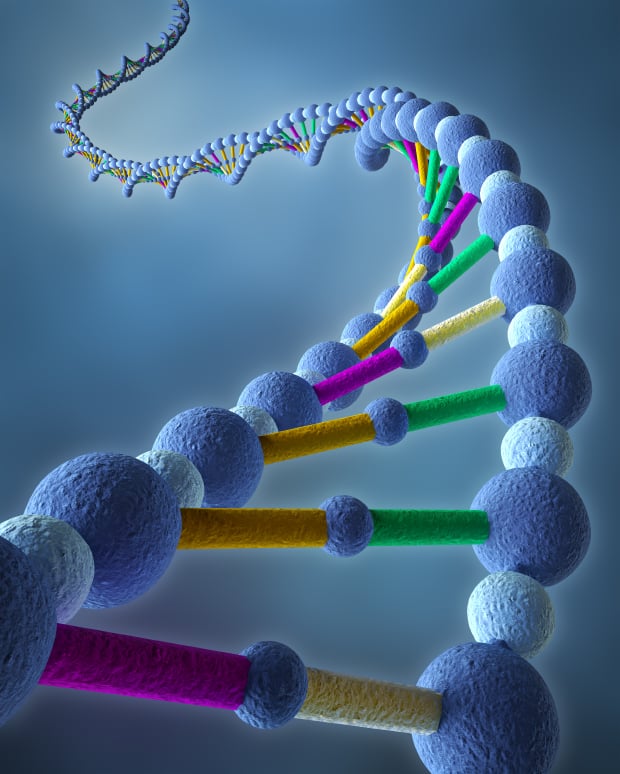A famous best-seller, The Nurture Assumption: Why Children Turn Out the Way They Do, by psychologist Judith Rich Harris, has been circulating for 20 years. Based on amassed studies, parental influences on children matter a lot less than peer group influences, and they both matter less than genetic factors. Parents are advised to not blame themselves if their children don’t become Rhodes scholars, because controlling peer group influences is difficult and controlling genetic expression is impossible. Until the last few years, parents were expected to do the best they can to control the friends that their children hang out with, and hope that their children’s genes will line up well enough to someday produce a productive, happy member of society.
Power to Change the Things We Can
Read More.png?width=305&height=132&name=NIHAlogoBLUE_3_transparent%20(2).png)





